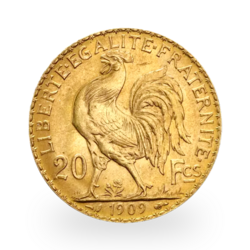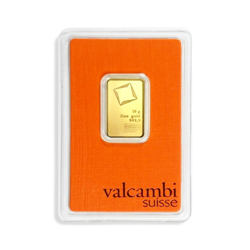Egypt has devalued its currency by 48% and announced that it will be allowed to float – measures that meet a key demand by the International Monetary Fund in order to secure a $12bn (£9.6bn) loan over three years to overhaul its ailing economy.
The devaluation pegged the Egyptian pound at 13 to the dollar, up from nearly nine on the official market. A central bank auction of dollars will be held later on Thursday, allowing supply and demand to determine the value of the pound for the first time in decades.
The devaluation was virtually certain to cause a steep hike in prices, piling pressure on Abdel Fattah al-Sisi’s government to avoid a popular backlash against its handling of the economy.
Sisi has repeatedly urged Egyptians in recent weeks to rally behind him as he grapples with the country’s worst economic crisis in decades, arguing that there was no way out of the economic crisis unless Egyptians “endure and be patient.”
Sisi, a general turned president elected in 2014, has pledged to do all he can to protect Egypt’s poor from the inflationary fallout that is certain to come with economic reforms. Last week he said the military would distribute a one-off package of basic food items such as sugar and rice at half price among poor Egyptians.
Also on Thursday, the central bank raised by three percentage points its two key overnight interest rates.
The bank said the measures were part of the government’s reform programme and designed to “completely end” the unofficial currency market. The measures, it said, would “empower the Egyptian economy to face the present challenges, unleash its potential and achieve the hoped-for growth”.
“The floatation is an excellent, overdue step that, thank God, we took it,” the Egyptian business tycoon Naguib Sawiris wrote on Twitter. “We must all help to make this step a success.”
The much heralded central bank decision followed a sharp and sudden decline this week in the value of the dollar on the unofficial market, plunging from an all-time high of 18.25 pounds to about 13 to the US currency.
The IMF’s executive board has yet to ratify the $12bn loan provisionally agreed between Egypt and the lender of last resort in August.
Egypt is also expected to reduce or lift altogether state subsidies on fuel to meet IMF conditions. It has already reduced subsidies on household electricity and hiked the price of sugar by 40% for ration card holders.
Seeking to calm nerves at a time of economic tumult, the central bank said it guarantees deposits in all currencies and that individuals and companies would face no restrictions in depositing and withdrawing foreign currency. Regulations governing importers of non-essential goods would remain in place, it said.
Banks would be allowed to operate until 9pm and open on weekends to buy and sell foreign currency, it added. Banks in Egypt are normally open to the public until 5pm and close on the Friday-Saturday weekend.
The developments on Thursday came just two days after the association of the chambers of commerce inflicted a blow to the unofficial currency market, announcing a two-week freeze in dealing with black market currency traders and curtailing the imports of non-essential goods for three months.
On Tuesday, the supreme investment council, a newly formed body led by Sisi, approved a package of measures designed to spur the economy, including a three-year freeze on taxing capital gains on stocks and an unspecified increase in the number of state-owned companies to be partially privatised.
Original source: The Guardian
Reproduction, in whole or in part, is authorized as long as it includes all the text hyperlinks and a link back to the original source.
The information contained in this article is for information purposes only and does not constitute investment advice or a recommendation to buy or sell.

















